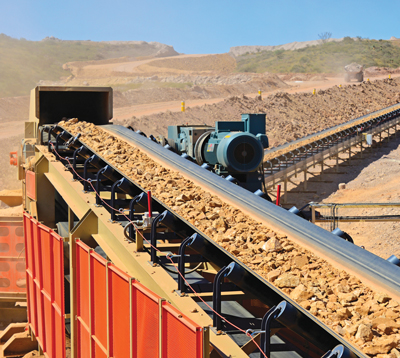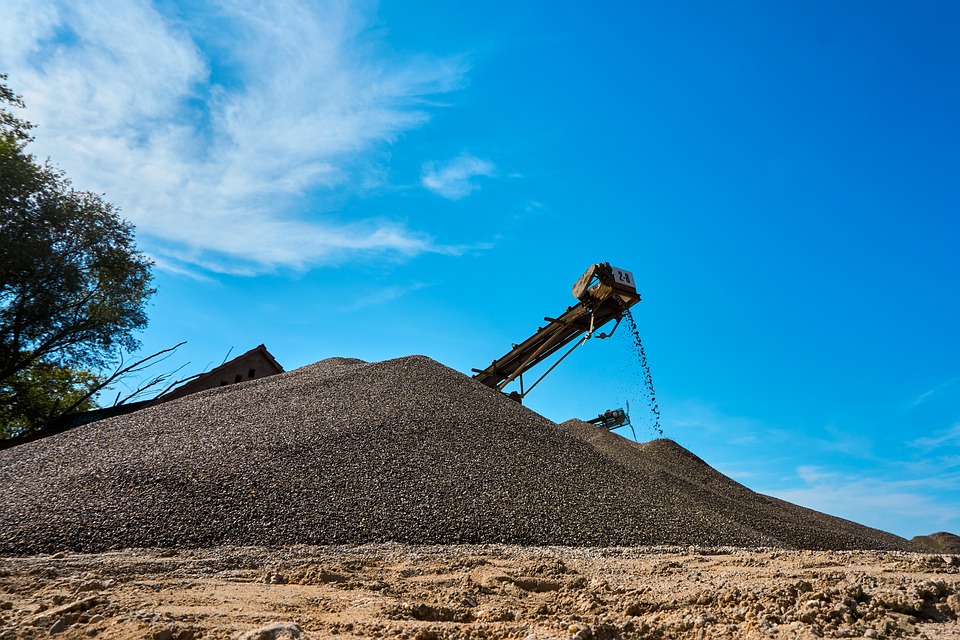
Successful Applications of Mining Carbon Fiber Rollers in Coal Mining Conveyor Systems
Carbon Fiber Rollers: Revolutionizing Mining Conveyor Technology

Table of Contents
1. Introduction
- 1.1 Definition and Purpose of Carbon Fiber Rollers
- 1.2 Advantages of Carbon Fiber in Rollers
2. Structure and Materials of Carbon Fiber Rollers
- 2.1 Basic Structure of Rollers
- 2.2 Characteristics and Selection Criteria of Carbon Fiber Materials
3. Key Advantages of Carbon Fiber Rollers
- 3.1 Lightweight Design and Energy Efficiency
- 3.2 High Strength and Wear Resistance
- 3.3 Corrosion Resistance and Longevity
4. Applications and Case Studies
- 4.1 Case Studies in Mining Conveyor Systems
- 4.2 Successful Implementations in Industrial Manufacturing and Logistics
5. Performance Testing and Standards
- 5.1 Methods for Testing Carbon Fiber Roller Performance
- 5.2 International Standards and Quality Certification Requirements
6. Future Trends and Outlook
- 6.1 Prospects for Innovative Technologies
- 6.2 Sustainable Development and Environmental Trends
Introduction

1.1 Definition and Purpose of Carbon Fiber Rollers
Carbon fiber rollers are lightweight conveyor components made from advanced composite materials, designed to support and convey the power and weight of conveyor belts. Their design aims to improve efficiency in conveying while reducing energy consumption.
1.2 Advantages of Carbon Fiber in Rollers
Carbon fiber offers superior strength, lightweight properties, corrosion resistance, making it an ideal choice for roller manufacturing, especially in applications requiring high wear resistance and long life spans.
Structure and Materials of Carbon Fiber Rollers
2.1 Basic Structure of Rollers
Carbon fiber rollers typically consist of carbon fiber tubes, bearing housings, seals, and connectors, each part meticulously designed to ensure excellent performance.
2.2 Characteristics and Selection Criteria of Carbon Fiber Materials
When selecting carbon fiber materials, considerations include strength, density, corrosion resistance, and cost-effectiveness to meet specific application requirements.
Key Advantages of Carbon Fiber Rollers
3.1 Lightweight Design and Energy Efficiency
The lightweight design of carbon fiber rollers reduces the overall load on conveyor belts and drive systems, thus reducing energy consumption.
3.2 High Strength and Wear Resistance
Carbon fiber's excellent strength and wear resistance enable rollers to withstand high-intensity work environments and frequent material transport.
3.3 Corrosion Resistance and Longevity
Carbon fiber is less susceptible to chemical and environmental corrosion, making it suitable for humid or corrosive conditions with extended service life.
Applications and Case Studies

4.1 Case Studies in Mining Conveyor Systems
Carbon fiber rollers are widely used in mining conveyor systems, enhancing system efficiency and safety while reducing operational costs.
4.2 Successful Implementations in Industrial Manufacturing and Logistics
In industrial manufacturing and logistics, carbon fiber rollers optimize production processes and material handling efficiency due to their lightweight and durable characteristics.
Performance Testing and Standards
5.1 Methods for Testing Carbon Fiber Roller Performance
Performance evaluations such as tensile testing and wear resistance testing ensure carbon fiber rollers meet design specifications.
5.2 International Standards and Quality Certification Requirements
Adherence to international standards and quality certifications ensures the safe and reliable operation of carbon fiber rollers.
Future Trends and Outlook

6.1 Prospects for Innovative Technologies
Advancements in technology will continue to optimize the design and materials of carbon fiber rollers to meet increasingly complex industrial demands.
6.2 Sustainable Development and Environmental Trends
The lightweight design of carbon fiber rollers not only contributes to energy savings but also aligns with global trends towards sustainable development, promising broader applications in the future.
 The Permanent Magnet Motor Drum: A Superior Choice for Modern Conveyor Systems
The Permanent Magnet Motor Drum: A Superior Choice for Modern Conveyor Systems
 Rubber Conveyor Rollers Price
Rubber Conveyor Rollers Price
 Gold Mining Belt Conveyors: Design, Selection, Engineering Calculations & 2025 Technology Guide
Gold Mining Belt Conveyors: Design, Selection, Engineering Calculations & 2025 Technology Guide
 The Ultimate Guide to Material Handling Belt Conveyors in Mining, Aggregates, Quarries & Cement Plants
The Ultimate Guide to Material Handling Belt Conveyors in Mining, Aggregates, Quarries & Cement Plants
 Tubular Belt Conveyor: Revolutionizing Bulk Material Handling
Tubular Belt Conveyor: Revolutionizing Bulk Material Handling
 Understanding the Cost of Conveyor Belts: A Comprehensive Guide for Businesses
Understanding the Cost of Conveyor Belts: A Comprehensive Guide for Businesses
 How to Choose the Best Mining Conveyor Idlers for Your Operation
How to Choose the Best Mining Conveyor Idlers for Your Operation
 Daily Idler Maintenance Checklist: A Comprehensive Guide
Daily Idler Maintenance Checklist: A Comprehensive Guide


